STAFF BLOG






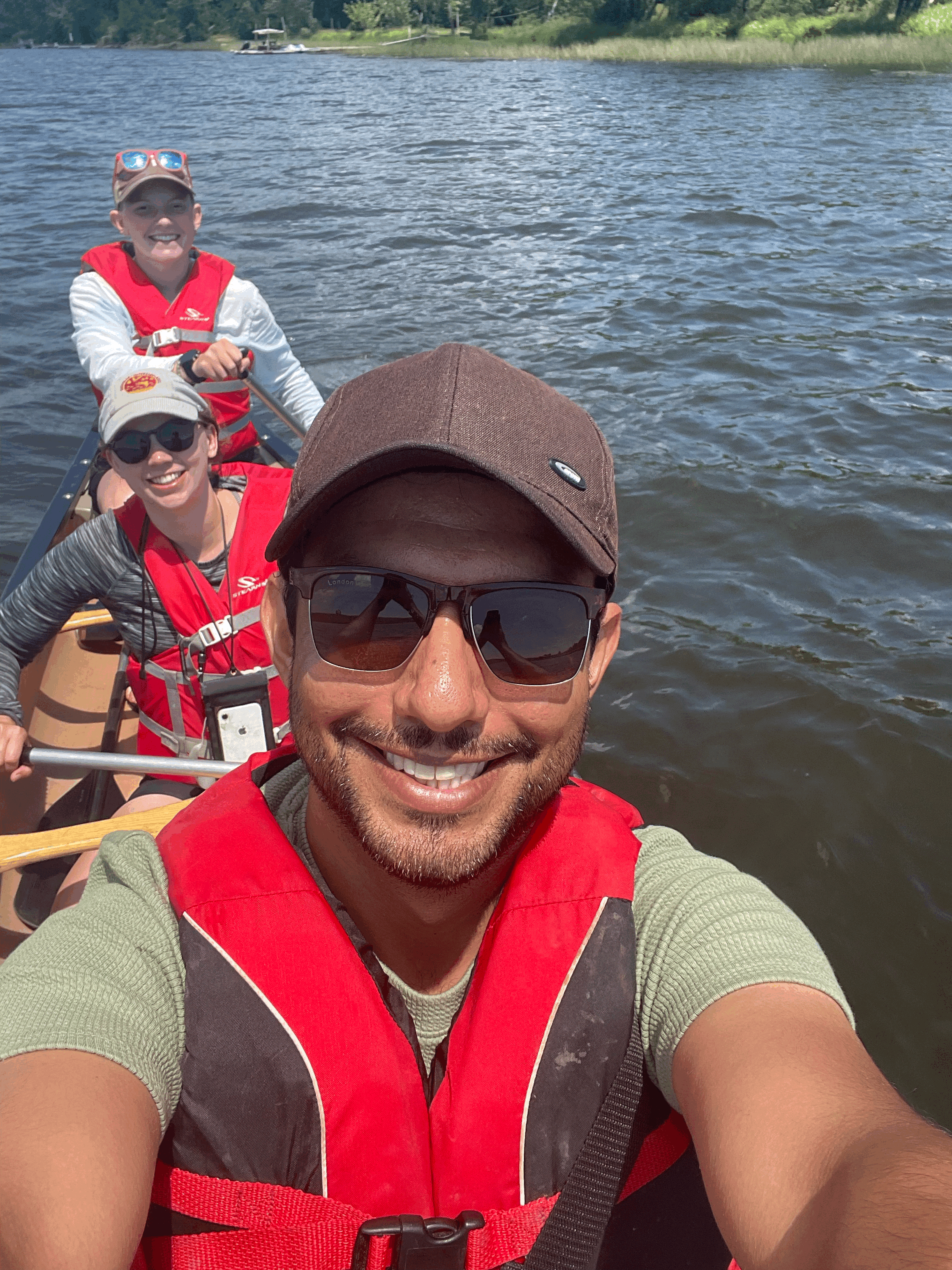
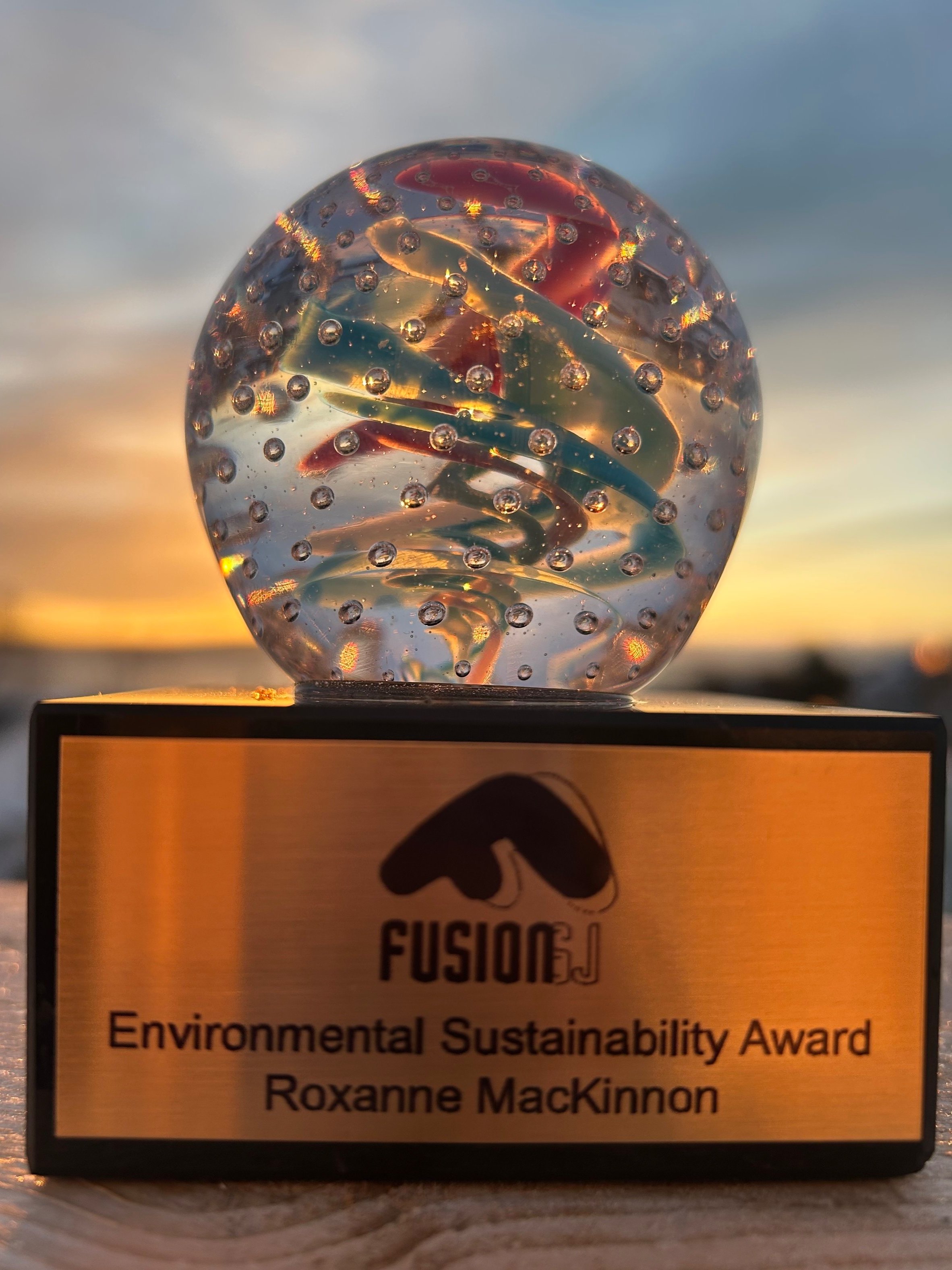
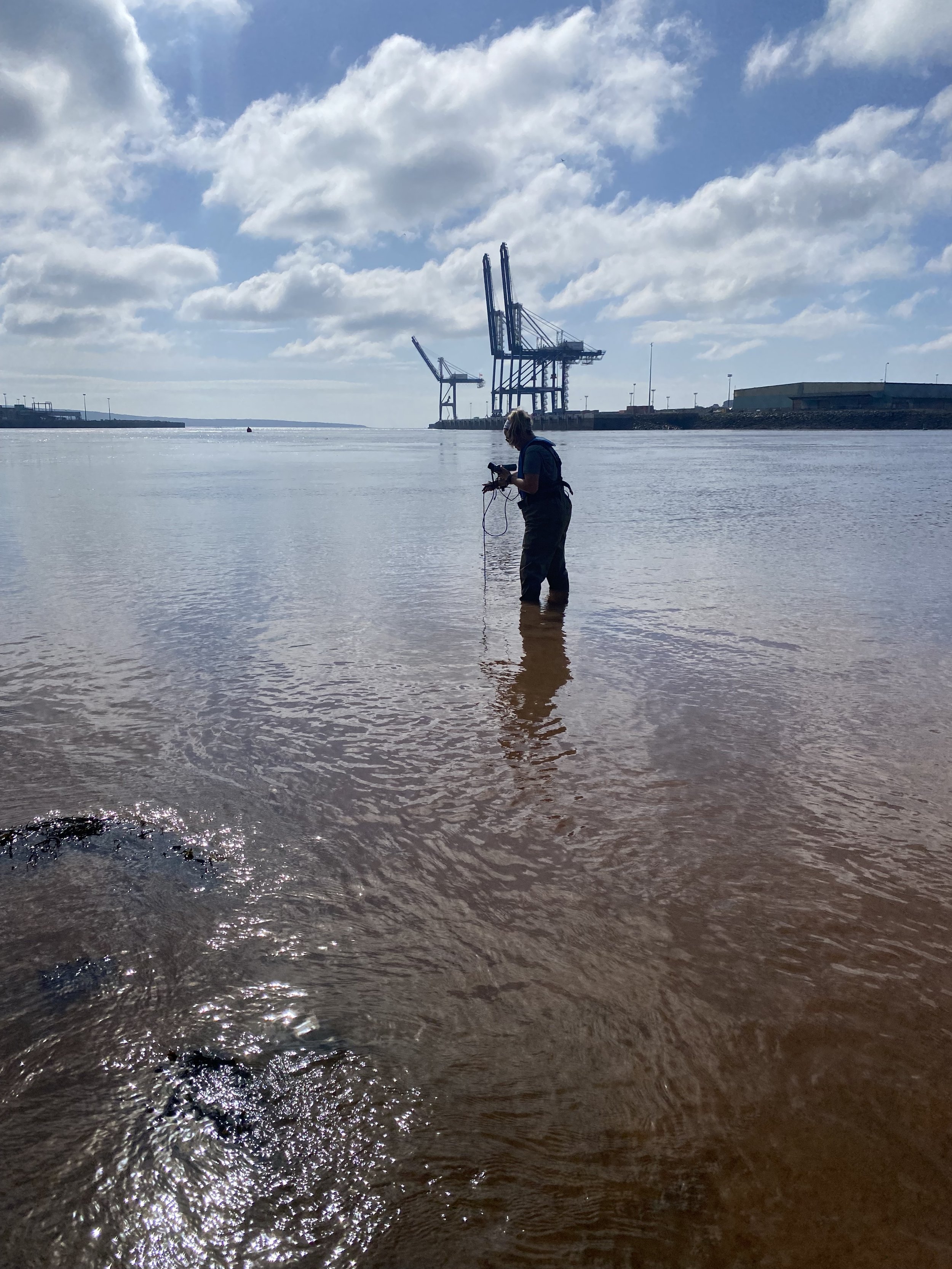
Employment Opportunity - Monitoring Coordinator
ACAP Saint John is looking for a Monitoring Coordinator to join the team! Reporting to our Executive Director and Conservation and Restoration Manager, the Monitoring Coordinator will be responsible for overseeing a number of monitoring programs including three water quality programs and our harbour fish community monitoring while also supporting our collaborative cyanobacteria program, seal monitoring, and community engagement initiatives. In addition to field based projects, the Monitoring Coordinator will help with watershed management and planning to protect and restore the watershed in the Greater Saint John Area.
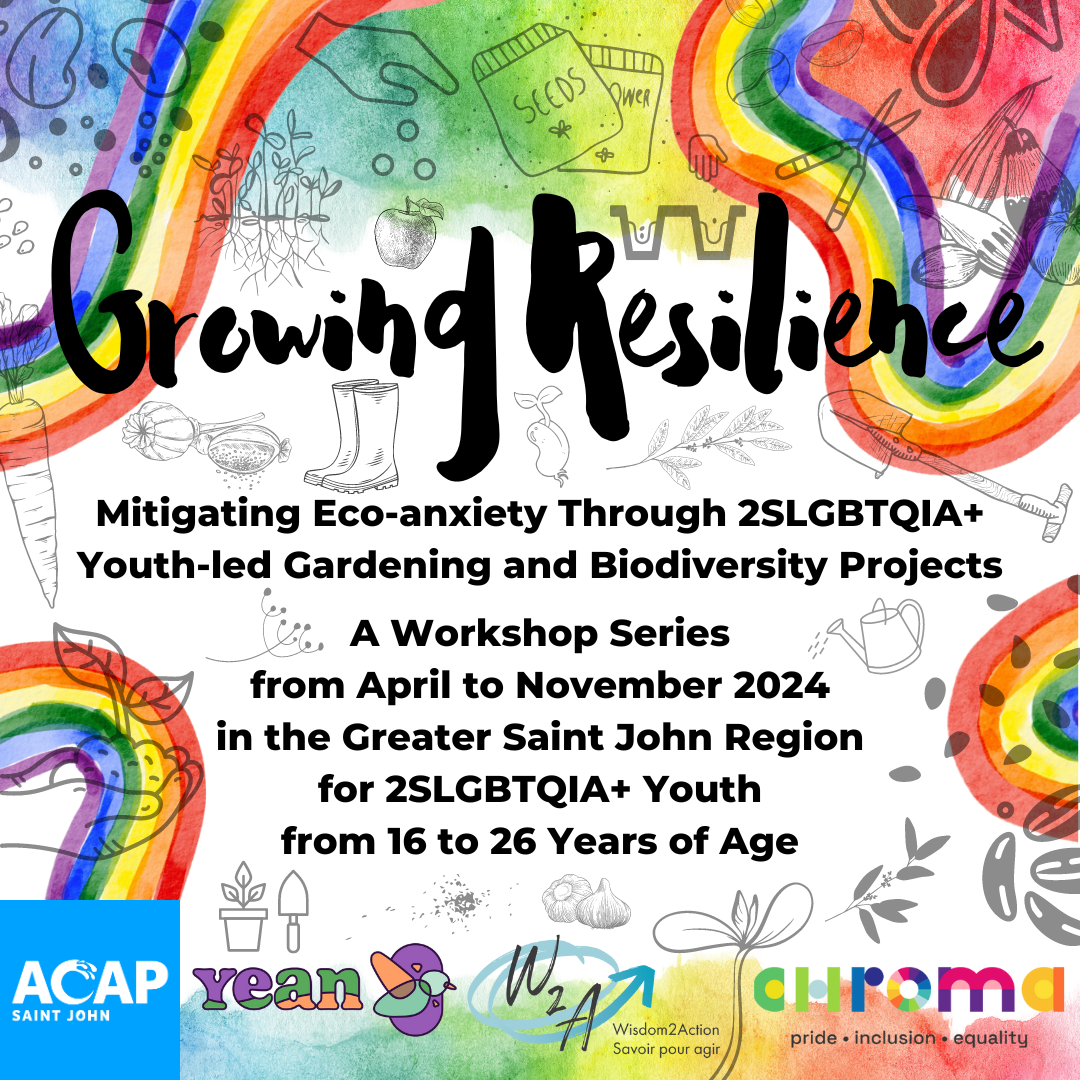
Mitigating Eco-Anxiety Through 2SLGBTQIA+ Youth-led Gardening and Biodiversity Projects
The Growing Resilience Program: Mitigating Eco-Anxiety Through 2SLGBTQIA+ Youth-led Gardening and Biodiversity Projects is for 2SLGBTQIA+ youth between the ages of 16-26 in the Greater Saint John region who are interested in gardening, local food, and identifying ways they can address climate change in their communities.
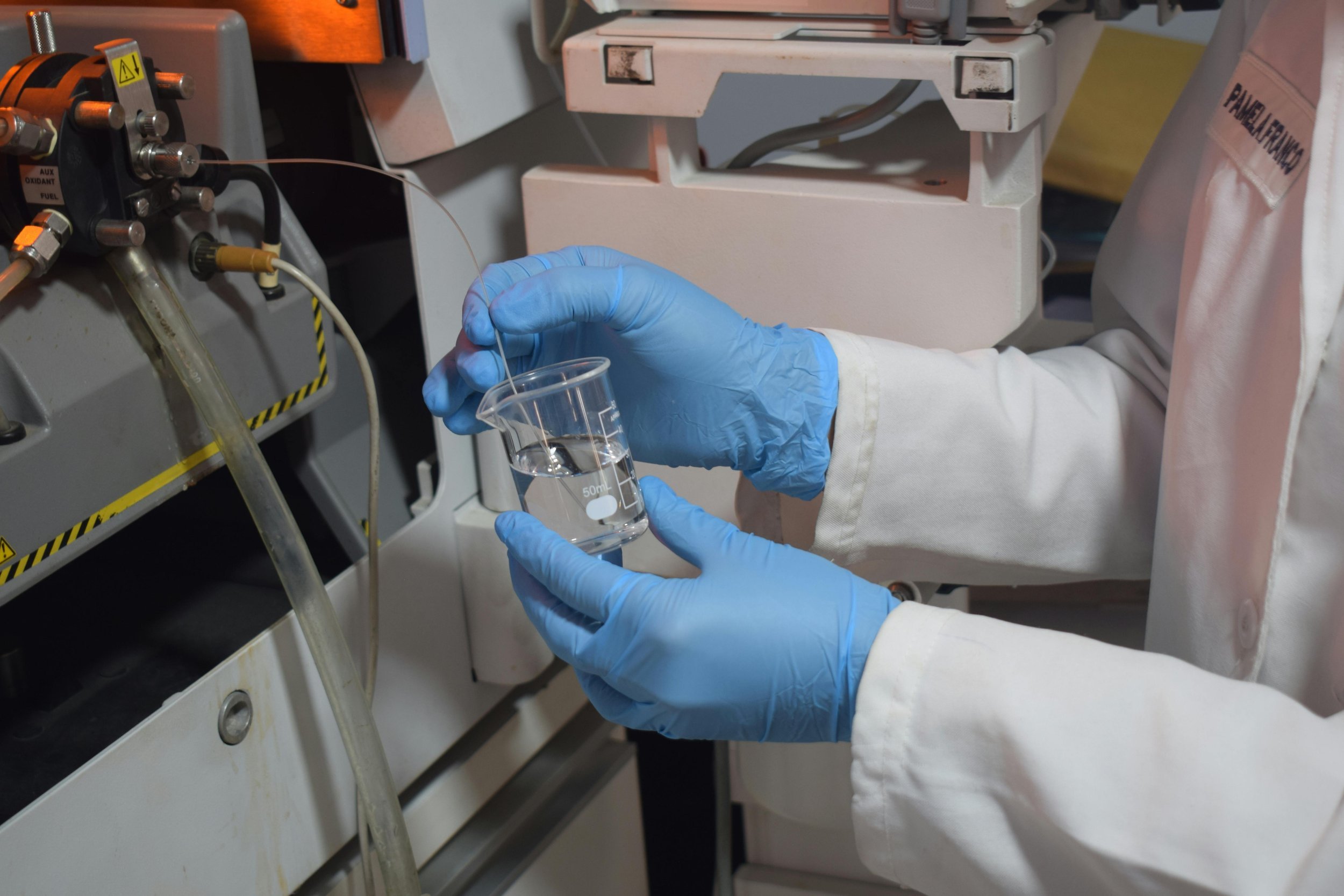
ACAP Saint John's 2023 Water Quality Report Card Summary
As we commemorate World Water Day 2024, it is a moment of reflection and celebration for us at ACAP Saint John. For over thirty years, our organization has been committed to monitoring and preserving the water quality in the Greater Saint John area. This year, we are proud to present our annual Water Quality Report Card, which encapsulates our findings and efforts in 2023.
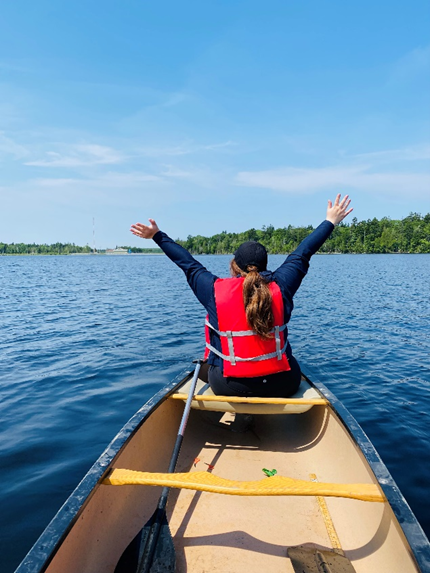
Employment Opportunity - Field Assistant (Summer Student)
FILLED!
ACAP Saint John is looking for a motivated team players to fill our Field Assistant role. The chosen candidates will work closely with our fulltime coordinators on several environmental activities including but not limited to water quality monitoring, fish community monitoring, seal observations, tree planting, installing green infrastructure, and maintenance tasks. This position will consist of both outside fieldwork and computer research, planning, reporting, and lab analysis of water samples to support our ongoing projects. Our ideal candidate will have a passion for the environment, is not afraid to get dirty, and loves spending time outside. Previous experience conducting fieldwork and valid first aid training would be considered assets but are not required.

Employment Opportunity - Restoration Assistant (Summer Student)
FILLED!
ACAP Saint John is looking for enthusiastic team players to fill our Restoration Assistant role. The chosen candidate will work closely with our Restoration Coordinator to complete multiple projects focusing on riparian, stream, wetland, and forest restoration. This position will consist of both outside fieldwork and computer research, planning, and reporting. Our ideal candidate will be a team player, love spending their days in urban streams and forest, and has a passion for restoring Saint John’s aquatic environment. Previous experience in habitat or stream assessments and valid first aid training would be considered assets but are not required.
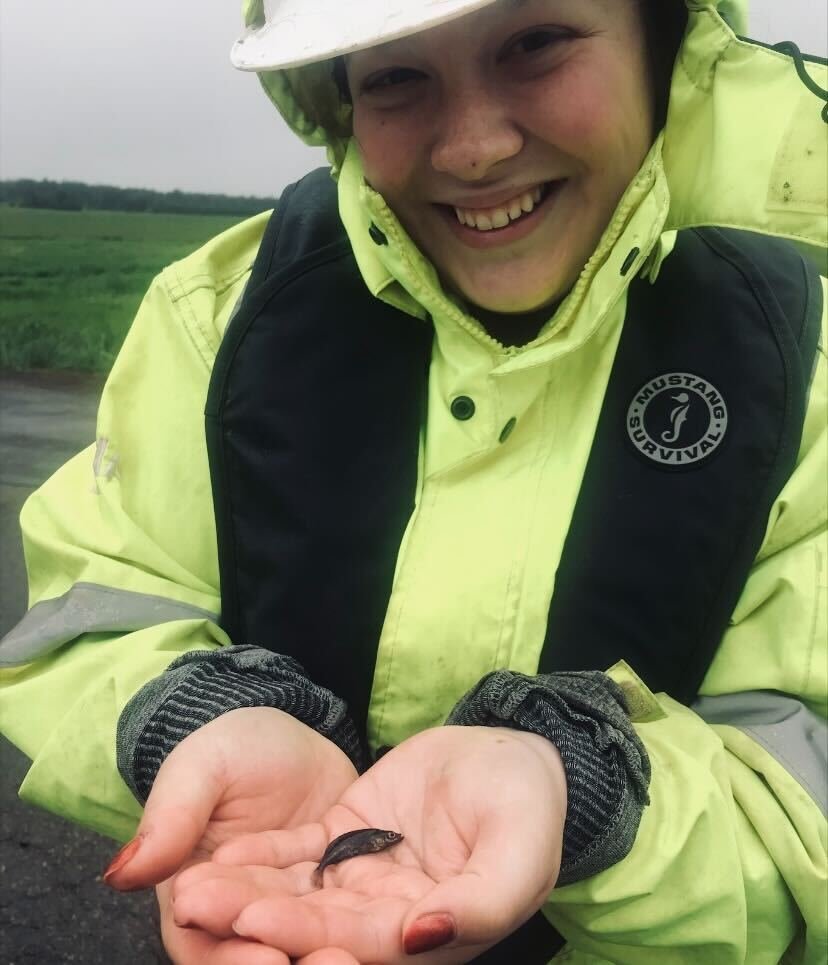
My Internship with ACAP Saint John
I heard about ACAP through a Co-op posting from my school; I study Chemical Technology at NBCC. However, at the time, I could have never imagined how my placement with them would shape out. ACAP creates an incredibly warm and welcoming environment; when you join their team, you also join their family. As a Co-op student, I knew I would be in for lots of learning, but learning is an understatement. When working with ACAP, you aren't just constantly learning; you're also experiencing everything.
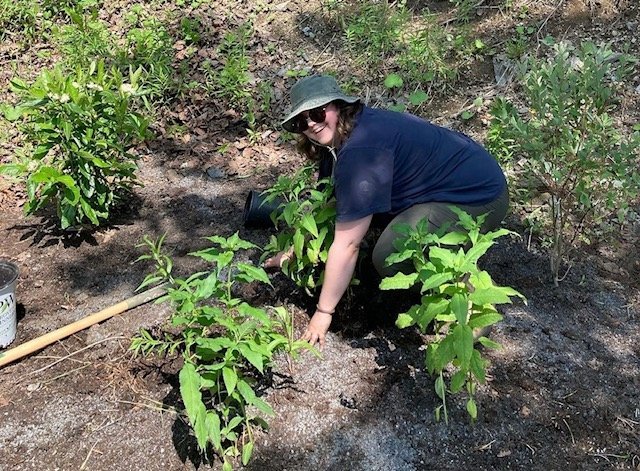
Summer 2023 - Coming Back to ACAP
It’s truly hard to believe that it has already been four years since I last joined ACAP’s summer staff. So much has changed in the world, yet this organization’s dynamic and welcoming environment has made it feel like I hardly left. Much like my experience in 2019, every day working for ACAP in 2023 brought surprises and adventures.
